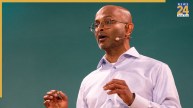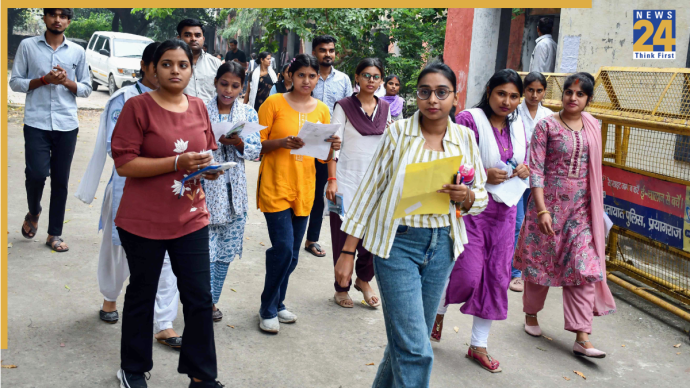In a statement at an event in Delhi on Monday, Nobel laureate Paul Romer hailed Aadhaar as the most significant technological system globally. He highlighted its role in facilitating government benefits, including direct benefit transfers. Romer emphasized that the success of Aadhaar in India contrasts sharply with attempts to create similar platforms in the United States, which he attributed to the monopolization of services by the private sector. He praised Aadhaar for laying a rapid foundation that empowers citizens to access vital government resources efficiently.
“Aadhaar is the most important technological system in the world right now. Aadhaar solved only one problem. Present a person to me, and I will tell you what that person’s number (is), But with that foundation, you can then build all of these fantastic services that you now enjoy,” he said.
---Advertisement---India’s Transparent Use Of Technology In Economic Initiatives
Paul Romer, commended the Indian government for its transparent implementation of technologies like the Unified Payment Interface (UPI) and Direct Benefit Transfer (DBT). Romer impressively stated that the government’s willingness to clearly outline the applications of these systems has been crucial in maximizing their impact and accessibility, showcasing a model that other nations could learn from.
“What people in India saw is that they could build a platform of Aadhaar that was controlled by the government and could be used for the benefit of the people, not to generate wealth for just a…small subset of people,” He said.
---Advertisement---Indian Government’s Constant Effort
Paul Romer Applauds India’s Tenacity in Advancing Aadhaar Despite Legal Challenges. He appreciated the Indian government’s determination to advance the Aadhaar scheme, even in the face of numerous Supreme Court challenges. He noted that the government’s refusal to be halted by judicial obstacles has led to the program’s remarkable success. In contrast, Romer observed that many Western nations often find themselves constrained by their judiciary, which can impede progress on similar initiatives.solutions.
“In the West, we are too hamstrung by the judiciary,” he said.













